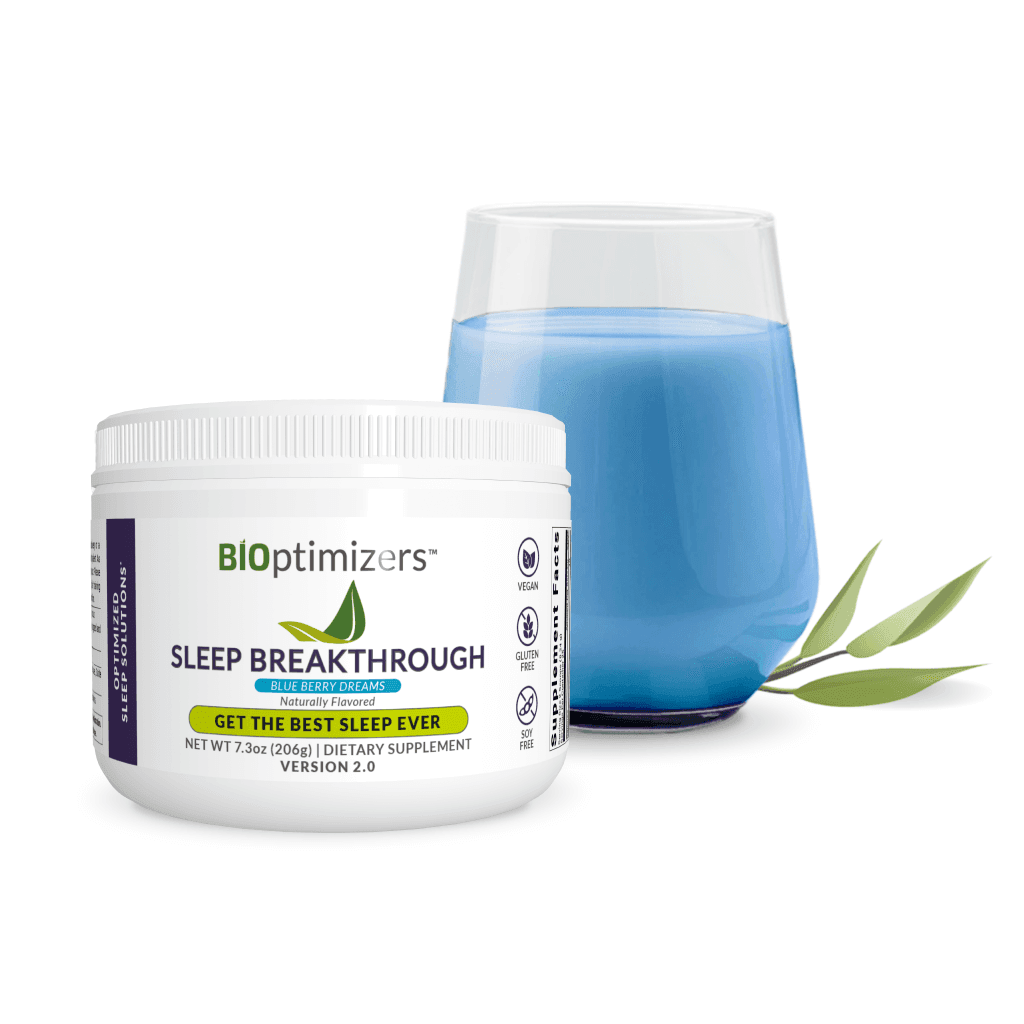Embarking on a fitness journey is a transformative decision that enhances physical and mental well-being. Regular physical activity offers numerous benefits, including improved cardiovascular health, stronger muscles, better mood, and reduced risk of chronic diseases. According to the Centers for Disease Control and Prevention (CDC), regular physical activity can improve brain health, manage weight, and strengthen bones and muscles.
Affiliate Disclaimer
This site contains affiliate links, meaning I may earn a commission if you purchase them—at no extra cost to you. I only recommend products I trust. Your support helps keep this site running.
Benefits of Fitness for Beginners
Starting a fitness routine can be daunting, but the rewards are substantial:
- Enhanced Physical Health: Regular exercise reduces the risk of chronic diseases such as heart disease, diabetes, and certain cancers.
- Mental Well-being: Physical activity can reduce anxiety and depression and improve sleep quality.
- Increased Energy Levels: Engaging in regular exercise boosts energy and reduces fatigue.
- Improved Fitness Aesthetic: Consistent training improves muscle tone and overall body composition.
Overcoming Initial Hurdles
Many beginners face challenges when starting a fitness routine. Here’s how to tackle them:
- Lack of Time: Incorporate short, effective workouts into your schedule. The 7-minute workout is an excellent option for those with limited time.
- Fear of Judgment: Remember that everyone starts somewhere. Focus on your progress and consider working out at home or with a supportive friend.
- Physical Discomfort: Begin with low-intensity exercises and gradually increase intensity to allow your body to adapt.
- Uncertainty About Where to Start: Follow structured programs for beginners, such as this 7-day fitness challenge.
Simple 7-Day Fitness Plan
This beginner-friendly 7-day plan incorporates various exercises to build a solid fitness foundation:
- Day 1: Full-body stretching and Light Cardio
- 10 minutes of gentle stretching
- 20 minutes of brisk walking
- Day 2: Lower Body Strength Training
- 3 sets of 10 squats
- 3 sets of 10 lunges per leg
- Day 3: Active Recovery
- 30 minutes of yoga or Pilates
- Day 4: Upper Body Strength Training
- 3 sets of 10 push-ups (modify as needed)
- 3 sets of 15 dumbbell rows
- Day 5: Cardio and Core
- 20 minutes of cycling or jogging
- 3 sets of 20-second planks
- Day 6: Full-Body Workout
- Combination of exercises from Days 2 and 4
- Day 7: Rest or Light Activity
- Engage in a fun activity like dancing or hiking
For detailed guidance, refer to Healthline’s 7-Day Fitness Challenge.

Maintaining Momentum
Consistency is essential for gaining the benefits of fitness. Set realistic goals, monitor your progress, and celebrate small victories. Regular physical activity enhances your physical health and improves brain health, lowering the risk of cognitive decline. The CDC highlights that staying active can enhance thinking, learning, and judgment skills as you age.
Key Motivation Strategies
1. Set Clear and Realistic Goals
- Establish specific, measurable, and achievable fitness objectives
- Break down larger goals into smaller, manageable milestones
- Celebrate each achievement to maintain momentum
2. Discover Your Personal “Why”
Identify the core reasons behind your fitness journey:
- Improving overall health
- Boosting self-confidence
- Increasing energy levels
- Managing stress
3. Create a Supportive Environment
- Join fitness communities
- Find a workout buddy
- Participate in group fitness classes
- Follow motivational fitness accounts on social media
4. Track Your Progress Systematically
- Use fitness-tracking apps
- Maintain a workout journal
- Take progress photos
- Record measurements and performance metrics
5. Diversify Your Workout Routine
Prevent workout boredom by:
- Trying new exercise classes
- Exploring different fitness disciplines
- Rotating workout types weekly
- Challenging yourself with progressive difficulty
6. Implement a Reward System
Motivational rewards can include:
- New workout gear, Check out
- Healthy meal prep treats
- Fitness technology or accessories
- Wellness experiences like massages
7. Visualization Techniques
- Create a vision board
- Practice daily mental imagery of success
- Imagine your ideal fitness transformation
8. The 10-Minute Motivation Hack
Commit to just 10 minutes of exercise when motivation is low. Starting is the hardest part, and you’ll likely continue once you begin.
Motivation Mindset Tips
- Focus on the process, not just the outcome
- Be kind to yourself during setbacks
- Understand that consistency trumps perfection
- Embrace the journey of self-improvement
Final Thoughts
Maintaining motivation is a skill that can be developed. These strategies will help you build resilience, consistency, and a positive attitude toward your fitness journey.
Remember: Your fitness journey is unique. What works for others might not work the same for you. Stay patient, adaptable, and committed to your personal growth.

